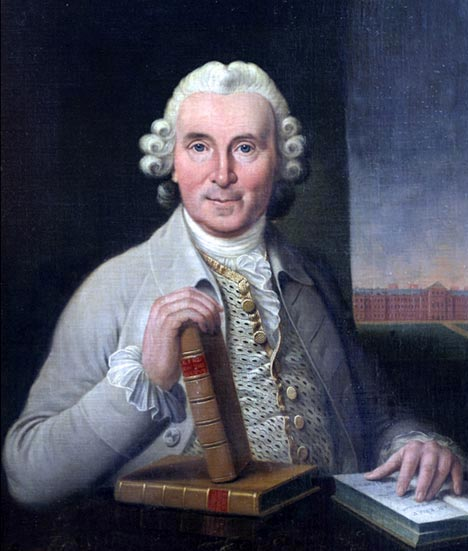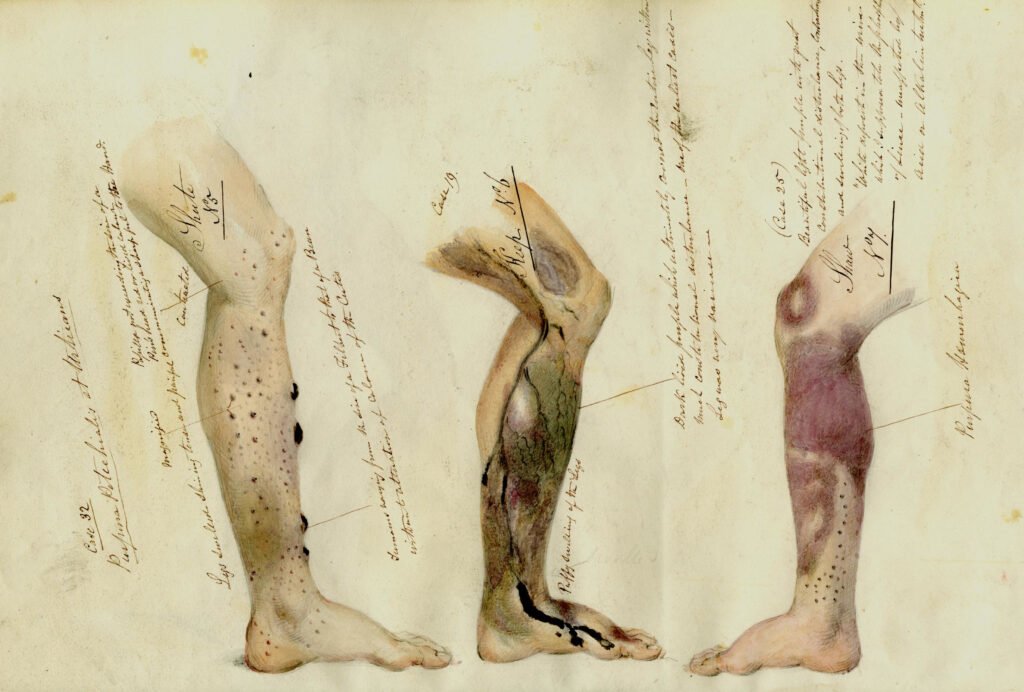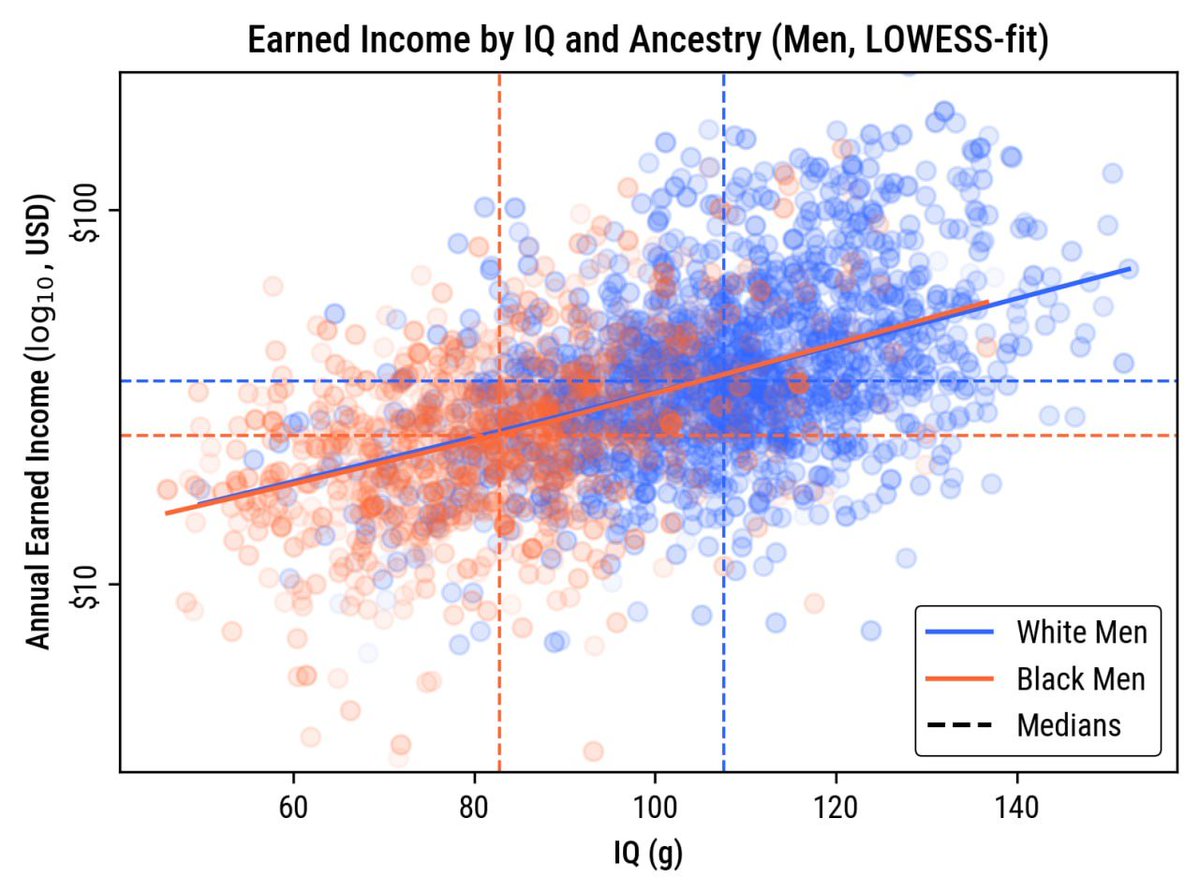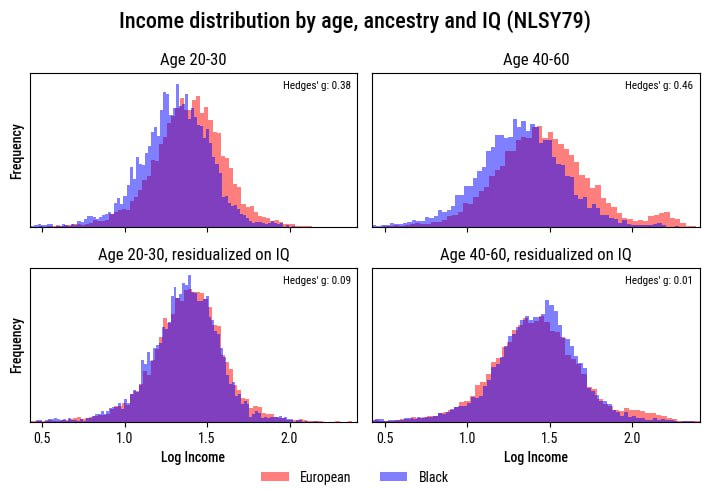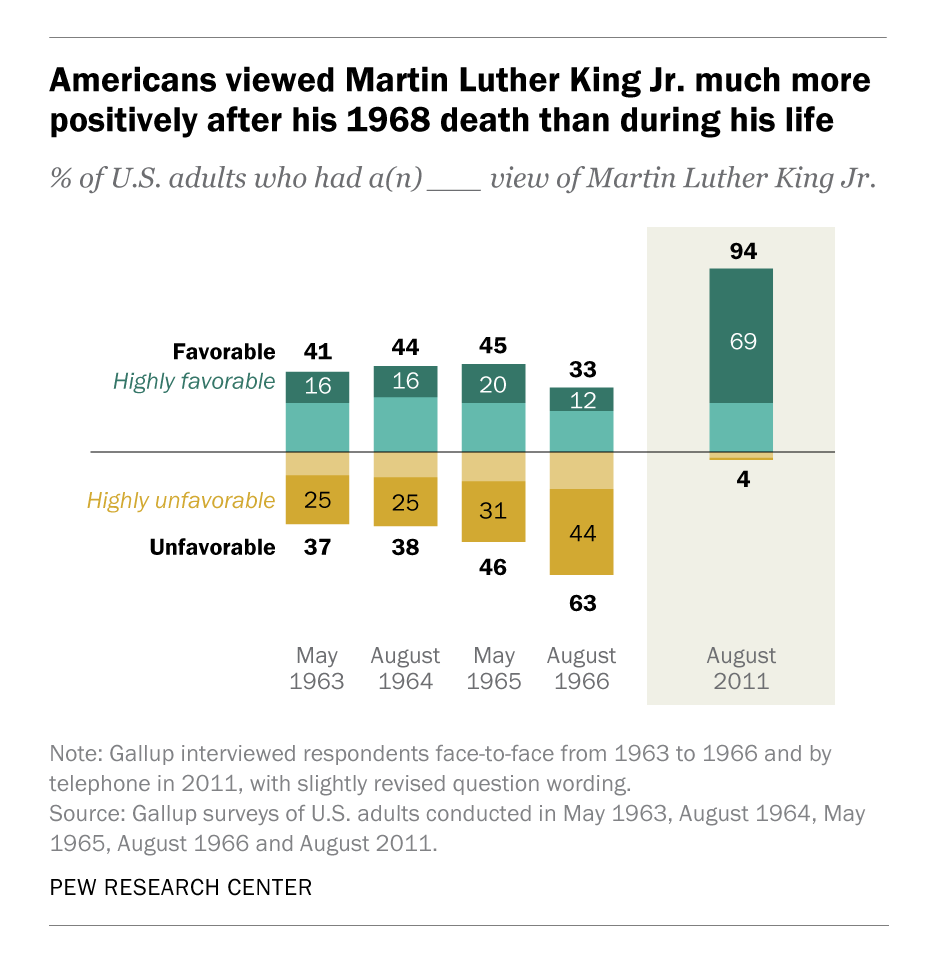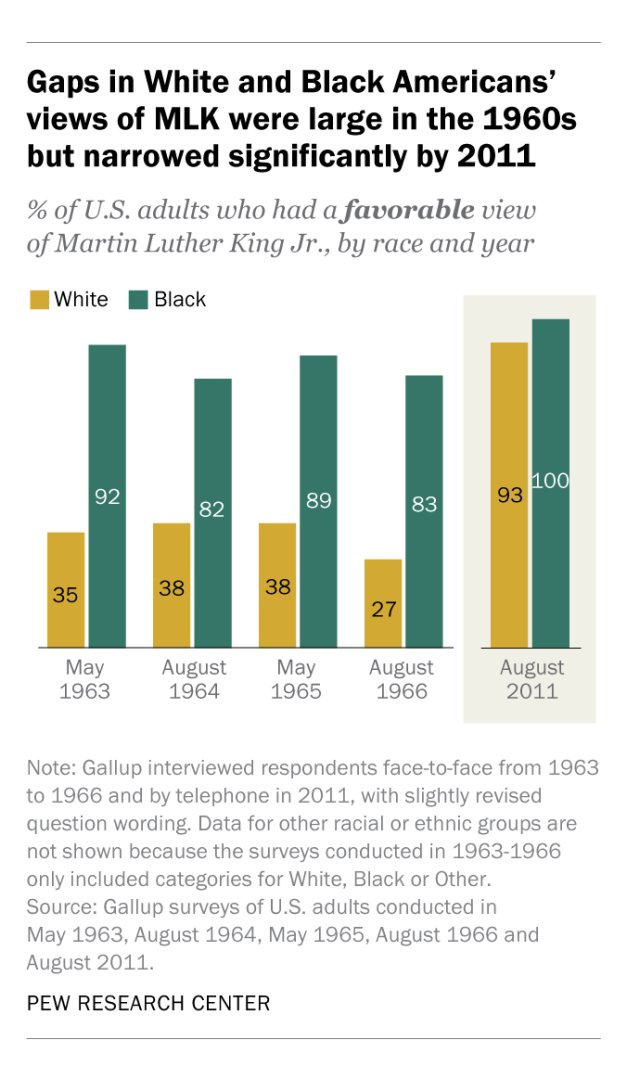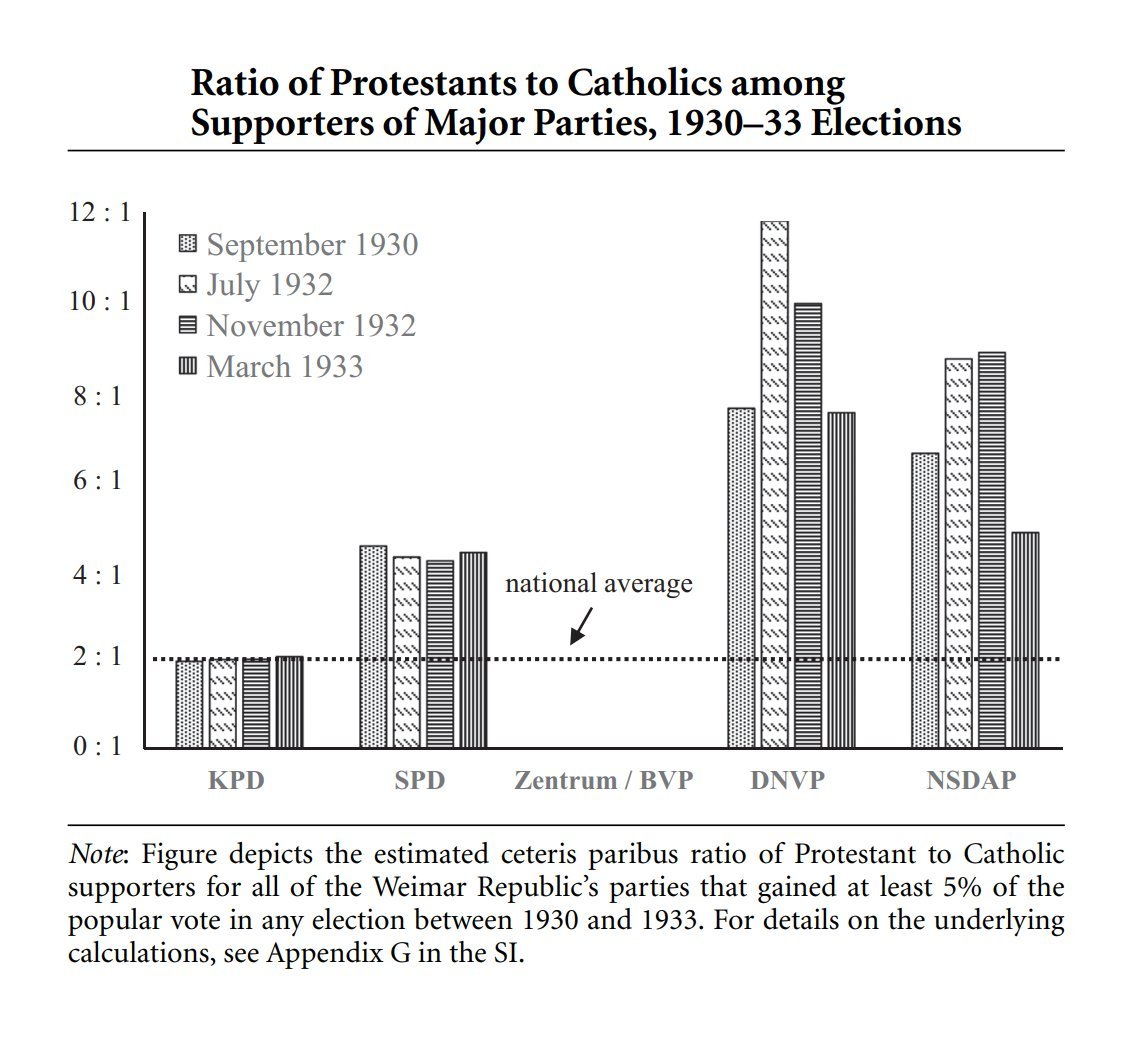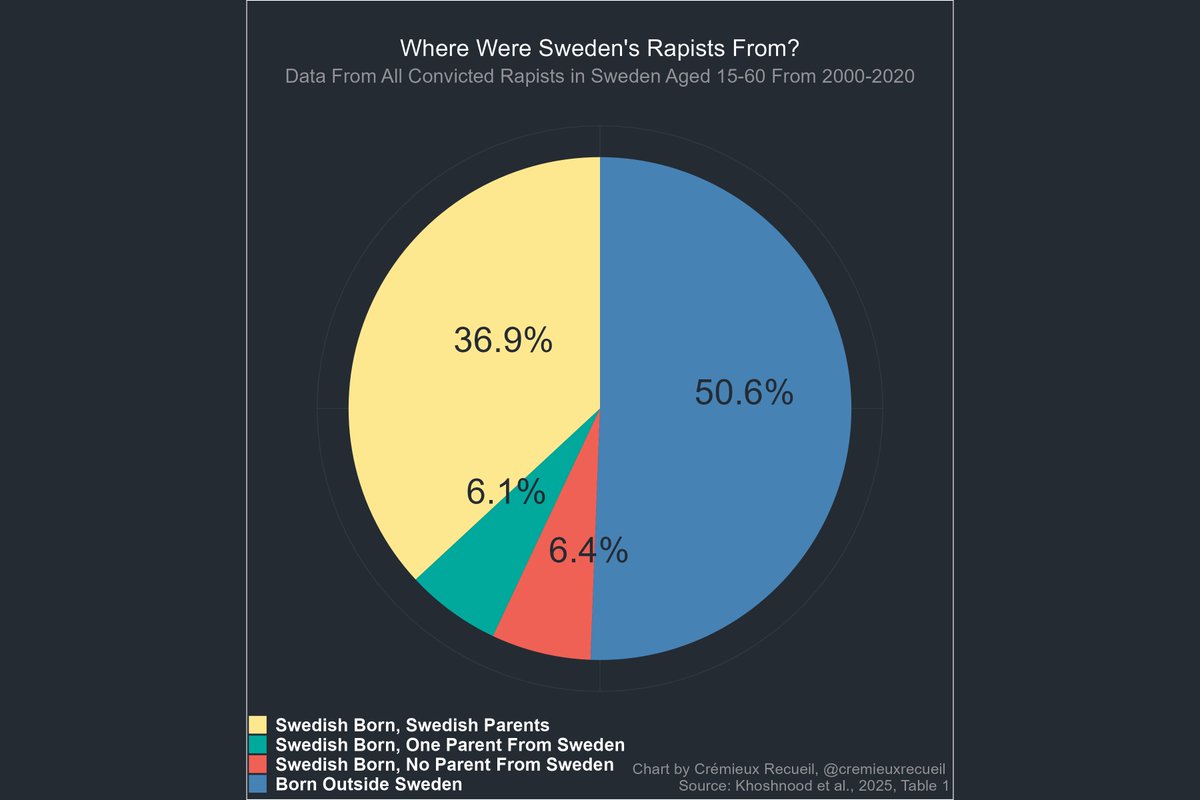America's most controversial philosopher has been banned from his campus at SUNY Fredonia.
The university says they have to do it because if he stays on campus, there's a risk he'll inspire terrorism.
Let's look through some of this man's philosophical contributions!🧵
The university says they have to do it because if he stays on campus, there's a risk he'll inspire terrorism.
Let's look through some of this man's philosophical contributions!🧵

One of his contributions is the idea that it is morally permissible to discount women's applications.
Indeed, the strong form of this argument says that people are obligated to discriminate against women.
Indeed, the strong form of this argument says that people are obligated to discriminate against women.

He has also argued for a policy of killing people. Specifically, killing bad people.
"Just War" theory may say assassination is bad, but, Stephen argues, that needs to change.
"Just War" theory may say assassination is bad, but, Stephen argues, that needs to change.

Much of Stephen's work is philanthropically defending the defenseless and other of society's victims.
For example, he's a defender of people who have a romantic preference for Asians.
For example, he's a defender of people who have a romantic preference for Asians.

He sometimes delves into heavy topics, like the conditions under which trash talk is moral and permissible. 

He's willing to say the things that no one else will, like that slavery is OK and it's not clear why it isn't, speaking as a liberal. 

Speaking of slavery, he's also talked about reparations.
TL;DR: no one owes them; it's not clear who inherits the right to them; if said right existed, it's dispersed among many and it's less plausible with each generation; and since slave descendants do a lot of crime... QED.
TL;DR: no one owes them; it's not clear who inherits the right to them; if said right existed, it's dispersed among many and it's less plausible with each generation; and since slave descendants do a lot of crime... QED.

He's willing to take this further and make it into a full-blown principle: if you can't quantify the damage, you're not owed anything. 

He's willing to argue that sexual fantasies—non-perceptual thoughts that are sexually arousing—aren't immoral, unless you're a consequentialist. 

Should we torture people during interrogation?
He argues that it's not morally impermissible. There are many scenarios in which it's fine, but this ultimately hinges on whether it works.
He argues that it's not morally impermissible. There are many scenarios in which it's fine, but this ultimately hinges on whether it works.

Many colleges have taken a turn against hazing and sought to ban the practice.
He argues that, since hazing involves informed consent, they should permit it.
He argues that, since hazing involves informed consent, they should permit it.

He's argued that being religiously pro-life doesn't really make sense.
How can abortion be killing and it still be wrong to harm abortion doctors? Something doesn't add up!
How can abortion be killing and it still be wrong to harm abortion doctors? Something doesn't add up!

He's argued, rather than comparing population means, we should compare population totals, size differences and all, for health cost-benefit analyses.
Say a minority group suffers from a rare but treatable disease. Why treat it when you can give out aspirin to majority members?
Say a minority group suffers from a rare but treatable disease. Why treat it when you can give out aspirin to majority members?

One of the arguments for affirmative action is that it promotes experiential diversity on college campuses.
But, he argues, this is probably not justifiable, and the idea that minority beliefs will rub off on majorities doesn't even seem relevant.
But, he argues, this is probably not justifiable, and the idea that minority beliefs will rub off on majorities doesn't even seem relevant.

He's also argued that it's not exactly clear why Americans are grateful to veterans and, in fact, they shouldn't be! 

So why is Stephen Kershnar being kicked off campus?
The campus police chief claimed—rightly or wrongly—that his presence was a danger to others.
You know who might be willing to argue this case?
Stephen Kershnar.
The campus police chief claimed—rightly or wrongly—that his presence was a danger to others.
You know who might be willing to argue this case?
Stephen Kershnar.

• • •
Missing some Tweet in this thread? You can try to
force a refresh






